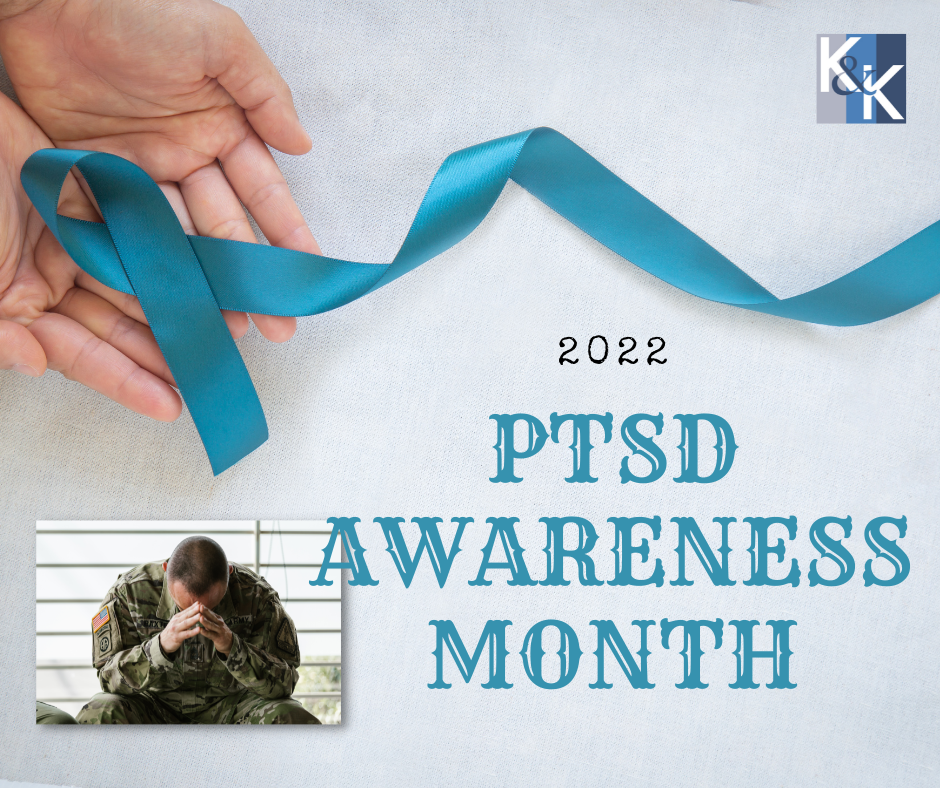
The National Center for PTSD, a program of the U.S. Department of Veterans Affairs, estimates that about 6 out of every 100 people (or 6% of the population) will have PTSD at some point in their lives. Post-traumatic stress disorder (PTSD) is an anxiety disorder that some people develop after seeing or living through an event that caused or threatened serious harm or death. Some people may recover a few months after the event, but for others, it may take years.
What can cause PTSD?
Any experience that threatens a person’s life or someone else’s life can cause PTSD. These types of events are sometimes called trauma. Types of traumatic events that can cause PTSD to include:
- Combat and other military experiences
- Sexual or physical assault
- Learning about the violent or accidental death or injury of a loved one
- Child sexual or physical abuse
- Serious accidents, like a car wreck
- Natural disasters, like a fire, tornado, hurricane, flood, or earthquake
- Terrorist attacks
During these kinds of events, a person may not have any control over what’s happening and may feel afraid. Anyone who has gone through something like this can develop PTSD.
What are the symptoms of PTSD?
There are 4 types of PTSD symptoms, but they may not be the same for everyone.
1. Reliving the event through flashbacks or nightmares. Memories of a trauma can happen because of a trigger.
2. Avoiding things that remind you of the event.
3. Having more negative thoughts and feelings than before. A person might be sad or numb and lose interest in things they used to enjoy. It might be hard to express happiness, or other positive emotions.
4. Feeling on edge. People often express feeling jittery or having a hard time relaxing. It is common to have trouble sleeping or concentrating, and suddenly getting angry and irritable. Substance abuse or alcohol abuse are common indicators.
What Treatment is Available for People with PTSD?
The main treatments for people with PTSD are medications, psychotherapy (“talk” therapy), or a combination of both.
Trauma-focused Psychotherapies
Trauma-focused Psychotherapies are the most highly recommended type of treatment for PTSD. “Trauma-focused” means that the treatment focuses on the memory of the traumatic event or its meaning. These treatments use different techniques to help a person process their traumatic experience. Some involve visualizing, talking, or thinking about the traumatic memory. Others focus on changing unhelpful beliefs about the trauma.
Antidepressants (SSRIs and SNRIs)
Medications that have been shown to be helpful in treating PTSD symptoms are some of the same medications also used for symptoms of depression and anxiety. These are antidepressant medications called SSRIs (selective serotonin reuptake inhibitors) and SNRIs (serotonin-norepinephrine reuptake inhibitors). SSRIs and SNRIs affect the level of naturally occurring chemicals in the brain called serotonin and/or norepinephrine. These chemicals play a role in brain cell communication and affect how you feel.
There are four antidepressant medications that are recommended for PTSD:
- Sertraline (Zoloft)
- Paroxetine (Paxil)
- Fluoxetine (Prozac)
- Venlafaxine (Effexor)
Since PTSD affects people differently, a treatment that works for one person may not work for another. It is important for anyone with PTSD to be treated by a mental health provider who is experienced with PTSD. Some people with PTSD may need to try different treatments to find what works for their symptoms.
If you or someone you know is suffering from PTSD or any other mental illness, and you are being denied benefits by your insurer, please call Kantor & Kantor, LLP for a free consultation or use our online contact form.
We understand, and we can help.

